News
Is OpenSea’s SEC Wells Notice a Risk for the NFT Market?
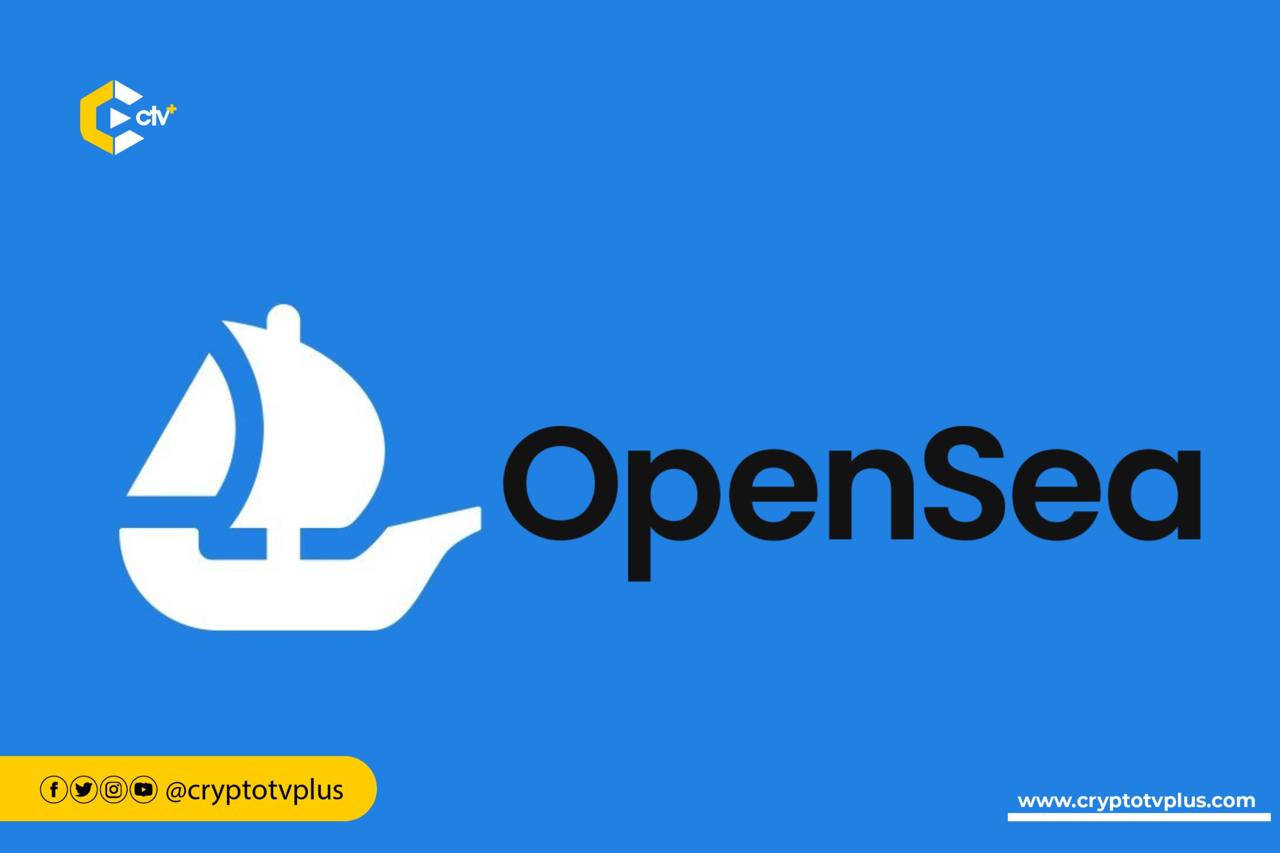
The SEC’s decision to issue a Wells Notice to OpenSea, the largest marketplace for non-fungible tokens (NFTs), has everyone asking: Could this be the start of a bigger crackdown that might challenge the entire NFT sector?
The notice indicates that the SEC sees some NFTs traded on OpenSea as unregistered securities, possibly setting a precedent that could impact the broader digital asset landscape. As the sector tries to understand what this means, there is the question of whether the SEC’s actions will hinder innovation or provide much-needed clarity in a rapidly changing market.
The SEC’s Regulatory Push: A Closer Look
The Wells Notice issued to OpenSea indicates that the SEC may soon bring formal legal action against the company, alleging that some NFTs sold on its platform qualify as unregistered securities. This isn’t an isolated incident; it’s part of the SEC’s broader agenda to regulate the cryptocurrency and digital asset markets more aggressively.
Other major players like Coinbase, Binance, Ripple, and Kraken have also been targeted in the past year. The case of Ripple, for instance, has been particularly influential in shaping market expectations around the SEC’s regulatory stance.
In July 2023, Judge Analisa Torres of the U.S. District Court for the Southern District of New York ruled partially in favor of Ripple, determining that XRP sales to retail investors do not constitute securities transactions. However, XRP sales to institutional investors were deemed securities transactions. This split decision provided some clarity but also left the market in a state of limbo, raising questions about how different types of transactions could be treated under U.S. securities laws.
For OpenSea, the stakes are particularly high. Founded in 2017 by Alex Atallah and Devin Finzer, OpenSea has quickly become the go-to platform for trading NFTs, offering a marketplace that supports a variety of blockchain networks such as Ethereum, Polygon, Solana, Arbitrum, and others.
With over 2 million active users and more than $30 billion in total trading volume to date, OpenSea’s influence in the NFT market is unparalleled. The SEC’s move, therefore, isn’t just about OpenSea—it could set a precedent for the entire NFT ecosystem.
Why the Wells Notice Could be a Big Problem
- Uncertainty and Market Instability: One of the most immediate concerns is the uncertainty this Wells Notice introduces to the NFT market. As seen with past SEC actions, regulatory ambiguity often leads to market instability. In the wake of the Ripple lawsuit, XRP experienced significant volatility. The cryptocurrency fell by nearly 60% in the weeks following the SEC’s initial suit in December 2020, demonstrating how regulatory actions can directly impact asset prices.
- Potential Legal and Financial Burden: If OpenSea chooses to stand up and fight, as CEO Devin Finzer has promised, the legal costs could be substantial. The company has already allocated $5 million to assist NFT creators and developers who may face similar legal challenges, but this is likely just the beginning. Lengthy legal battles could drain resources and divert attention away from innovation and platform development, hampering growth.
- Broader Implications for NFT Classification: Should the SEC succeed in classifying certain NFTs as securities, it would set a significant precedent, potentially requiring other NFT platforms and creators to register with the SEC or face similar legal actions. This could introduce a level of compliance complexity and cost that many smaller creators and platforms are ill-equipped to handle. Moreover, platforms may need to delist certain NFTs to avoid potential liabilities, limiting the diversity and creativity currently driving the NFT market’s growth.
- Impact on Market Participation: Stricter regulations could dissuade retail investors and collectors, who have been a key driving force behind the NFT boom. According to DappRadar, NFT sales volume hit $24.9 billion in 2021, up from just $94.9 million in 2020, underscoring the meteoric rise of this market segment. If new regulatory frameworks make trading NFTs more cumbersome or expensive, the market could see a decline in participation, particularly from retail investors who often lack the resources to navigate complex regulatory landscapes.
Why the Notice Might Not Be as Damaging as Feared
The cryptocurrency market has demonstrated resilience in the face of regulatory challenges, as evidenced by the case of Ripple. Initially, XRP’s price plummeted after the SEC lawsuit, but the market eventually regained stability, and Ripple experienced a significant rebound in 2023 following a partial legal victory.
This shows that while OpenSea might face regulatory hurdles, the NFT market could similarly adapt and flourish, particularly if clearer regulations emerge. Regulatory clarity, though often seen as a hurdle, can actually legitimize the market and attract institutional investors, as seen when the SEC approved spot Bitcoin ETFs, boosting institutional interest. This clarity can foster more responsible practices, reduce fraud, and build greater investor confidence.
Moreover, global regulatory approaches to digital assets are not uniform, offering potential for jurisdictional arbitrage. For instance, the European Union’s more lenient Markets in Crypto-assets Regulation (MiCA) focuses on consumer protection and anti-money laundering rather than broadly defining NFTs as securities, presenting a friendlier environment for platforms like OpenSea.
This divergence in global regulatory stances could enable platforms to operate in regions with more favorable rules, minimizing the impact of stringent U.S. regulations. Furthermore, the NFT sector’s reputation for rapid innovation suggests it could adapt to new legal landscapes by implementing stronger compliance frameworks and KYC processes, aligning with regulatory expectations while maintaining market vibrancy.
A Fork in the Road for NFTs?
The SEC’s Wells Notice to OpenSea is a big deal for the NFT market, and its future might depend on how this plays out. While some worry this could bring more confusion and slow down interest, it might actually provide the clarity needed to attract more serious, long-term investment.
How this impacts the NFT world will really depend on how OpenSea and the community respond. Suppose everyone can adapt, come up with new ideas, and work within a clearer regulatory framework. In that case, this notice might not be the end but rather a turning point—one that makes the market stronger and better prepared for the future, but this will be if the SEC succeeds at labelling NFTs are securities. For now, though, everyone in the NFT community, from creators to collectors, is waiting anxiously to see what happens next.





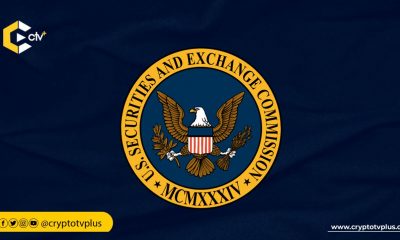

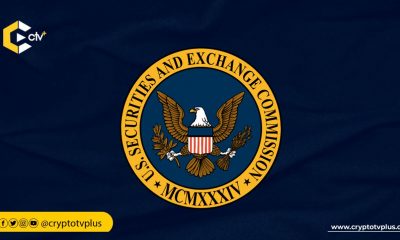

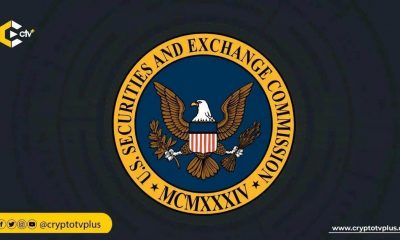

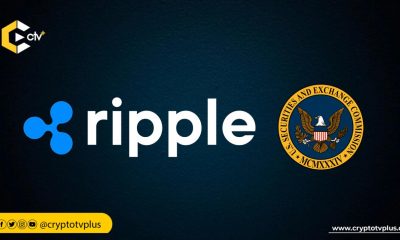

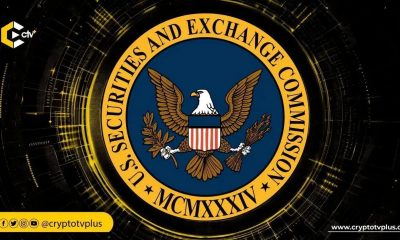











Pingback: NFT holders sue Art Gallery over broken metaverse promises | CryptoTvplus